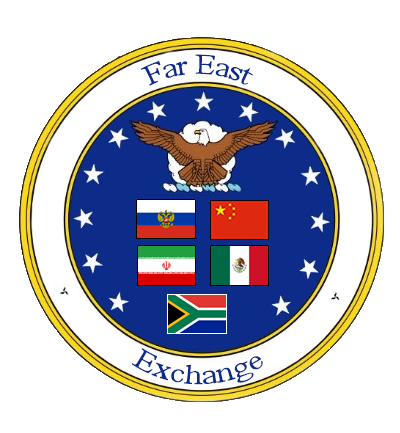





|
Limited Promotional Edition
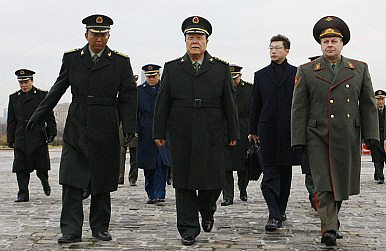
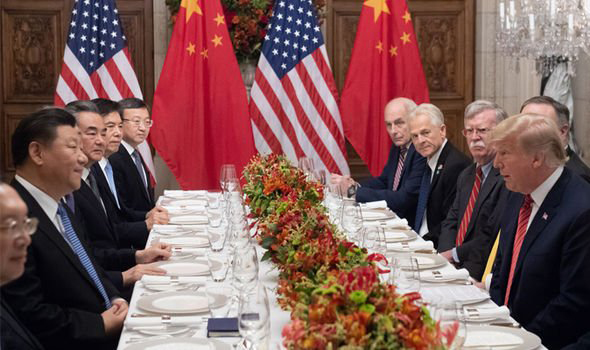
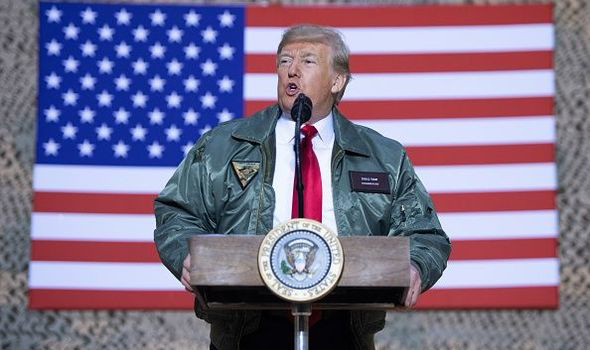
#1 Source for Silk Belt and Road News and Information



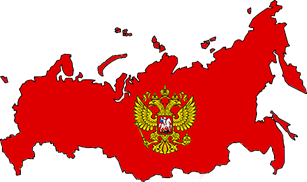
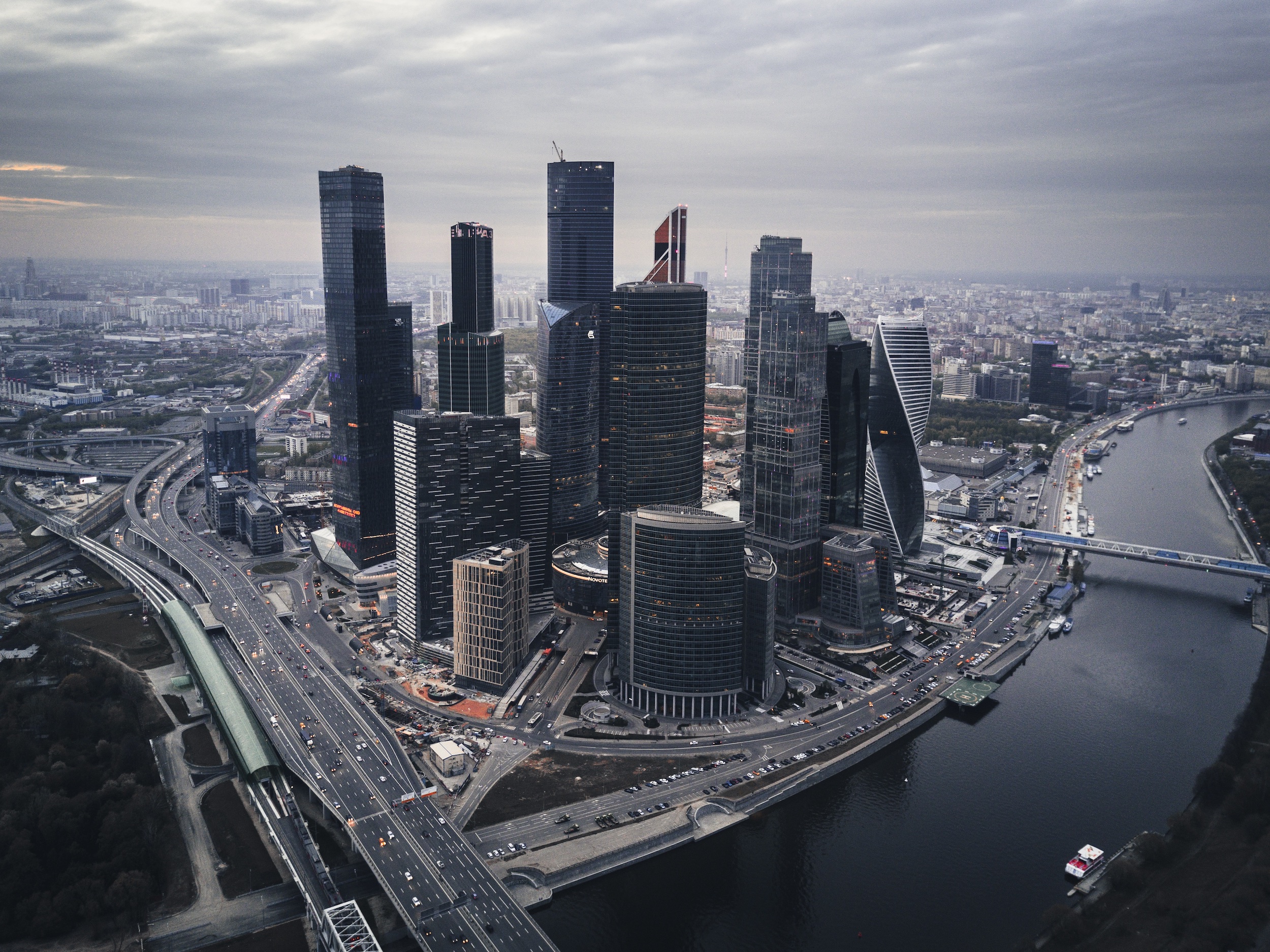
 Region 1 - Northern Division (Moscow)
Region 1 - Northern Division (Moscow) 
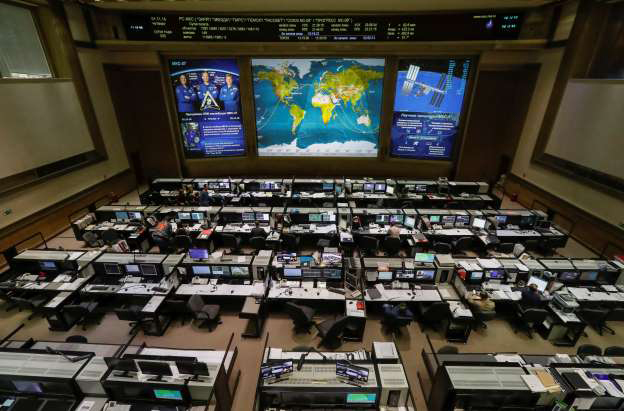
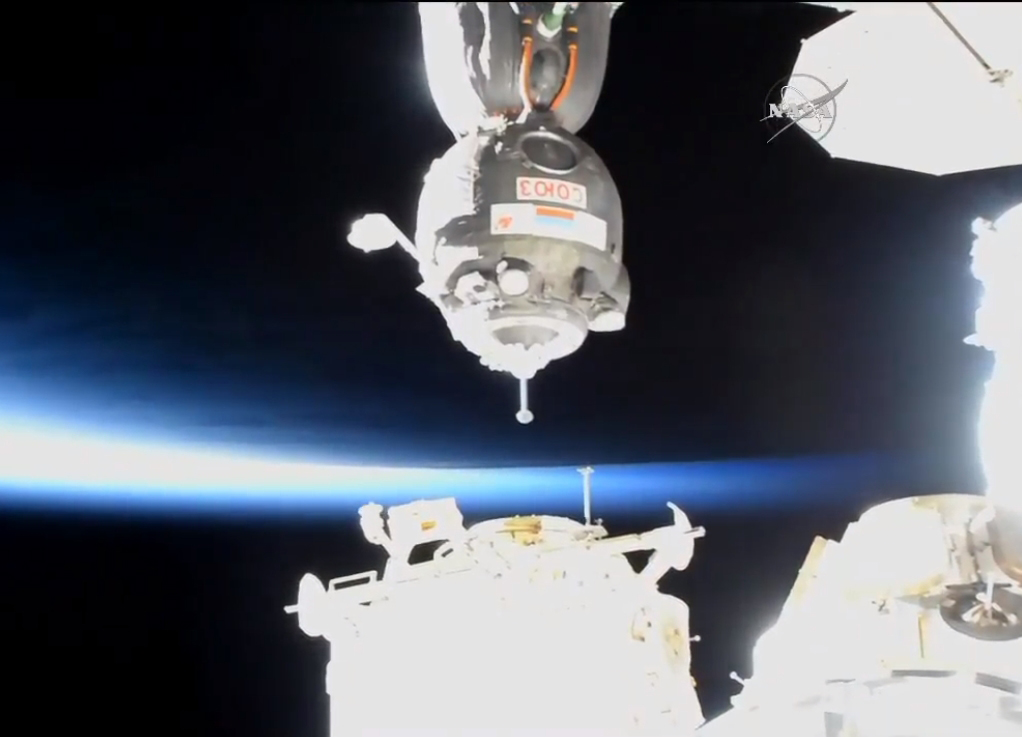
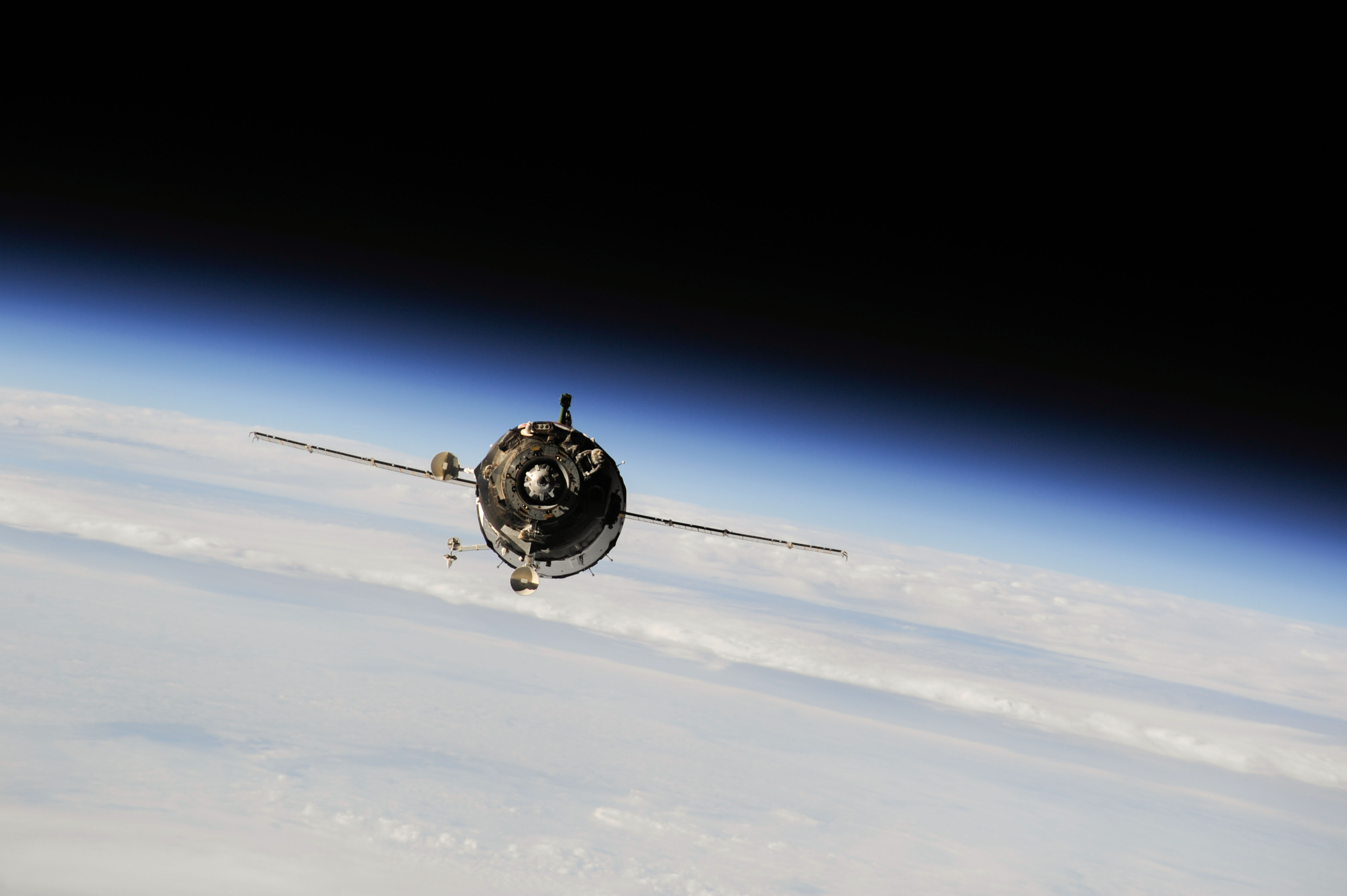
Russia is leading deep space navigation
|
|
  |
|
  |
|
Russia Reaches New Milestone in Air-Defense Science
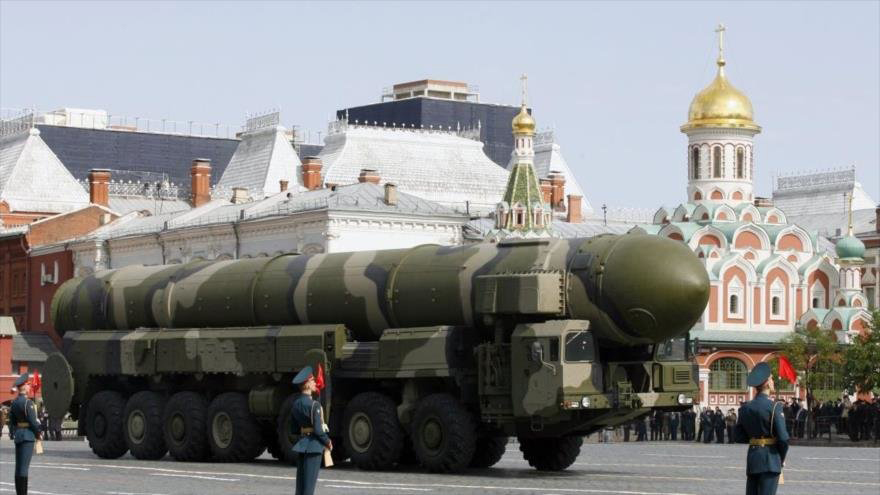
01.02.2019
14:05 PST
SF Bay Area, CA – Recently, Russia successfully launched the most advanced hypersonic missile that reaches a speed of Mach 27. Moreover, Russia is preparing to launch the Sarmat ICBM which is capable of defeating any air-defense system. Meanwhile, the stealthy Rubezh ICBM continues its active readiness in service. Patiently, Russia continues reaching new milestones in air-defense science. Relentlessly, the West threatens Russia with economic and military barriers. Hence, Russia's Strategic Missile Troops are delivering state-of-the-art networks to advance national interests. The schedule of launch for new ballistic missiles accelerates the development of new international alliances.
Russian President Putin reassured top executives saying, "Trials of other promising systems continue. Soon, they are to begin service in our strategic forces. I mean first of all the Sarmat system that is to enter operational service in 2020, the Avangard system that is to become operational in 2019 and other systems."
Effectively, Russia's Strategic Missile Force is impacting sea breeze from the Pacific Ocean through advanced development of its air-defense capabilities. Sea breeze creates the necessary weather front to target climate control. Air-defense modernization requires an adequate sea-based posture to achieve maximum effectiveness. Hence, the long-lasting security of the Bulava SLBM continues to accelerate Russia's air-defense arsenal. Aerospace technology is increasingly in demand as climate control and proxy wars headline global news.
Russia Establishes Digital Economy to Connect with the African Union

01.02.2019
16:28 PST
SF Bay Area, CA – Fiscally, Russia has established its federal budget to implement it's digital economy to expand with the African Union and beyond. Strategically, Russia's federal budget is scheduled to expand its digital economy over the next five years. Globally, economic diversification demands great attention on expanding economic relations. Hence, a mixed digital economy creates the robust growth needed to combat years of economic inertia. Moreover, de-dollarization reduces the impact of declining relations with the West. Furthermore, Russia's digital economy remains sustainable from years of budget surplus.
Russian Prime Minister Dmitry Medvedev said, "The estimated amount of funding for 2019-2024 for the national digital economy development program will exceed 1.8 trillion rubles, of which more than a trillion are funds from the federal budget." Economically, information technology accelerates geopolitical cohesion which enhances the quality of life.
Meanwhile, de-dollarization in Russia rebuilds confidence in foreign investors seeking to accelerate ahead. Currently, Russia's federal budget is poised for making ongoing international payments with the robust ruble. Increasingly, trade agreements within the African Union will ignite new currency exchanges. Russia's Foreign Minister Sergey Lavrov said, "We must continue vigorous work on further geographical diversification of external economic relations, primarily through deepening cooperation with Asian countries, as well as Latin America and Africa. Russian embassies in these countries are counting on bringing attention of business to dynamic markets, they regularly formulate specific proposals for this, and we see that these proposals are of increasing interest among Russian economic operators."
Russia Secures Northern Sea Route with Arctic Expansion
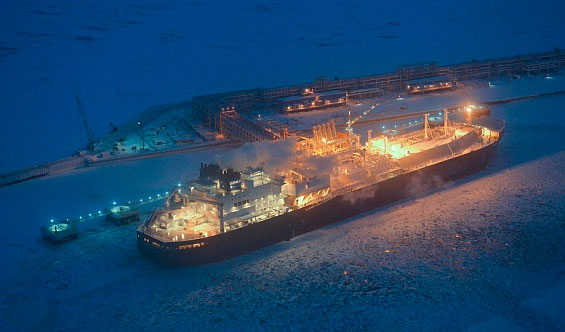
01.02.2019
18:50 PST
SF Bay Area, CA – Strategically, the Kuril Islands is significant to economic prosperity along the Arctic Circle. Historically, the Northern Sea Route has connected the Kuril Islands to the Arctic Zone. Geographically, the Kuril Islands are summits of stratovolcanoes which form the Kuril Trench. Militarily, the Kuril Islands fosters deep-sea navigation and ocean research which are critical to Arctic explorations. Hence, Russia has successfully established the most advanced military airdromes throughout the Arctic Zone. Moreover, the Northern Sea Route is safeguarded for ongoing Arctic navigation. Meanwhile, Russian military infrastructure has been built on Franz Josef Land, Alexandra Land, Kotelnyand Sredny Island, Wrangel Island, Cape Schmidt and the New Siberian Islands.
Recently, Russian Defense Minister Sergei Shoigu said, "We are pushing ahead with step-by-step work on the Arctic islands. Airdromes are being restored and the most advanced infrastructures created. I can say with certainty that no other country in the world has the type of modern infrastructures Russia has."
Furthermore, modern Russian infrastructures in the Arctic Zone maximize potential for oil revenues. Prudently, the Baltic Pipeline System is prepared for expansion from Primorsk, Russia. Presently, Primorsk is the largest oil port on the Baltic Sea which weighs heavily on oil volatility from the West. Annually, Primorsk is able to ship up to 60 mln tons of crude oil. Hence, future development of the Baltic Pipeline System is secured from explorations in the Arctic Circle. Readily, Russia continues to expand the Arctic Zone without creating any harmful threats to the natural environment.
[Top]

![]()

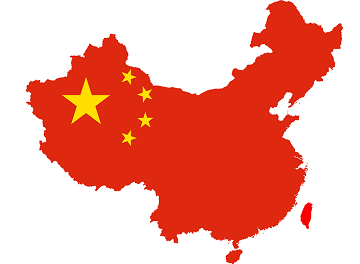

 Region 2 - Southern Division (Shanghai)
Region 2 - Southern Division (Shanghai) 
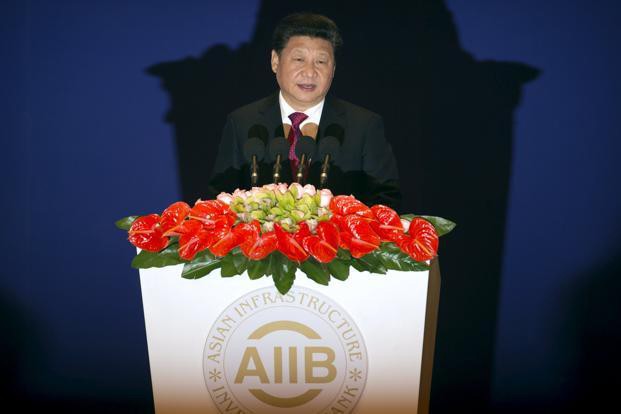
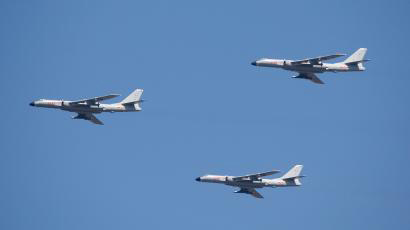
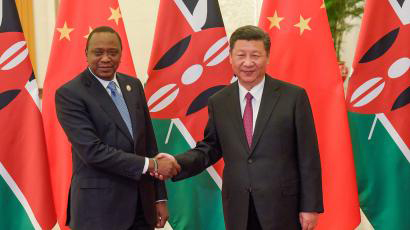
China aggressively safegaurds prosperity with AIIB investments
|
|
  |
|
  |
|
China Prepares for War from Escalating Tensions with US

01.04.2019
09:46 PST
SF Bay Area, CA – Militarily, China is prepared to end US military occupation in East Asia. Publicly, the US has emphasized its refusal to adhere to international norms established by China. Moreover, the US is economically enforcing its China Containment Strategy aimed at infiltrating the National People's Congress of China. Furthermore, US allies in Asia are threatening to force a civil war in China over Taiwan. Instinctively, China is preparing for a military war this year against the US and its allies. Recently, Chinese President Xi Jinping outlined several guidelines to boost military morale while preparing for a major war campaign. He expressed the need for focus on combat readiness, active military drills, and frequent resistance exercises with troop and equipment inspections.
Aggressively, Chinese President Xi Jinping said, “All military units must correctly understand major national security and development trends, and strengthen their sense of unexpected hardship, crisis and battle.” Nationally, President Xi addressed the Central Military Commission which was broadcasted on television.
Meanwhile, China's Central Bank has decided to reduce the reserve requirement ratio (RRR) by 1% this month. Furthermore, China will discontinue its medium-term lending capabilities. Economically, China's Central Bank is preparing to stabilize the RMB with investments on the New Silk Belt and Road. Hence, escalating US tensions with China is havoc for US bondholders. Vigorously, the PLA Navy is boosting its military capabilities in support for its economic forethought. Expectedly, China is upgrading its JL-3 and DF-41 ballistic missiles to accomodate its modernized (12,000-tonne guided-missile) 055 destroyers.
Taiwan Reunification is a Major Factor in US Trade War
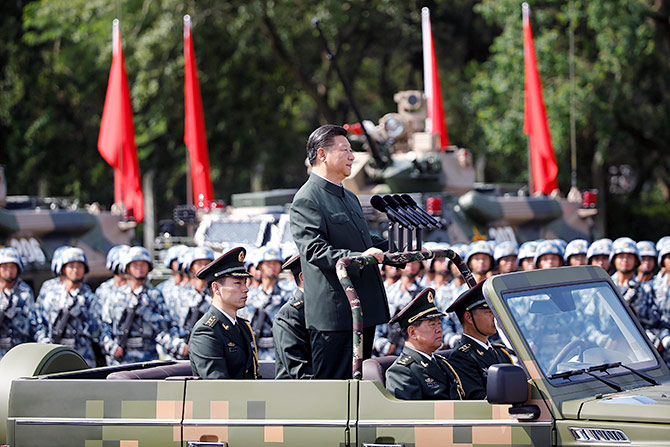
01.04.2019
14:20 PST
SF Bay Area, CA – Militarily, cross-strait ties overshadow the US trade war with China. Massively, China is paving the road towards unification with Taiwan. Profoundly, China's next-generation of military capabilities simplify unifying future cross-strait ties. Hence, Chinese President Xi Jinping has delivered a peaceful solution. Vigorously, the People’s Liberation Army, Navy and Air Force continue with its regular patrols around the island. Moreover, maritime trade is accelerating from China's military presence in the South China and Philippine Seas. Astutely, cross-strait economic activity will outpace US talks on the trade war.
Strategically, the One China, two systems plan imparts robust cross-strait ties which accelerates the rich diverse Chinese culture. Recently, Chinese President Xi Jinping demanded for Beijing and Taipei to “start in-depth democratic consultations for a cross-strait relationship and the future of the Chinese nation, and reach transitional arrangements for the peaceful development of cross-strait ties”.
Meanwhile, China's Central Bank has made substantial progress early in 2019 to reduce the impact of US trade tariffs. Prominently, China's Central Bank has mounted the US trade war with fimiliar economic tactics. Solely, cross-strait ties demonstrates China's ability to remain ahead of schedule on accelerating infrastructure spending. Moreover, US trade talks with China continue as Wall Street demonstrates excessive volatility over US President Trump's economic policies. Furthermore, the US is fueling its military allies in Asia to dispute over an Indo-Pacific economic pitfall which will trigger China's military aggression.
Korean Denuclearisation Escalates Tensions on the South China Sea
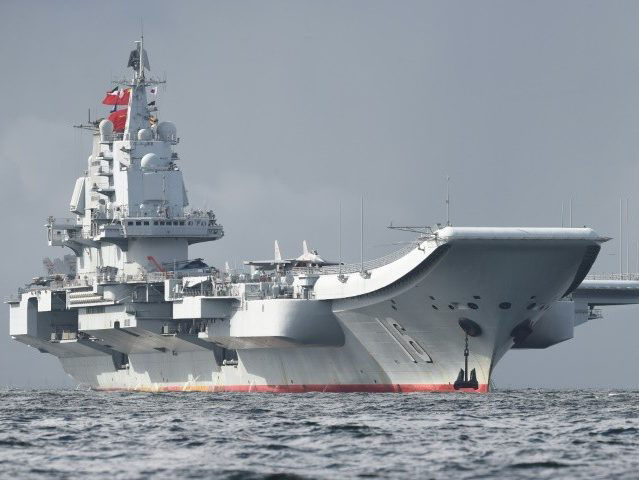
01.05.2019
06:25 PST
SF Bay Area, CA – Flagrantly, the US is attempting to leverage cryptocurrencies into denuclearisation talks while tensions on the South China Sea escalate. Economically, denuclearisation talks between the US and North Korea are overshadowed from the rise in cryptocurrencies. Moreover, US sanctions against North Korea continue to lure cyber-attacks on cryptocurrencies from North Korea. Undoubtedly, economic chaos awaits ongoing denuclearisation talks with US military forces on the Peninsula sinking from the diminshing US economy. Meanwhile, US military activities in the South China Sea enforces its China Containment Strategy. Hence, Korean denuclearisation has a significant role in regional economic stability.
Furthermore, US military allies awaiting for denuclearisation talks pose a greater economic threat to China. Automatically, China's Y-9 type reconnaissance aircraft, continues with invading South Korea’s air defence identification zone which concerns US military allies.
Militarily, US alliances in Asia are subverted to a flimsy nuclear umbrella which can only escalate tensions on the South China Sea. Instinctively, China has began deleveraging economic talks in the US with military tensions over Korean denuclearisation. Ardently, China is South Korea's biggest trading partner as well as the biggest US treasury holder. Economically, the US continues to escalate tensions with China from the trade war which further exposes the rise in cryptocurrencies. Clearly, the US nuclear umbrella designated for Japan and Korea continues to dwindle economic activity in East Asia.
[Top]

![]()
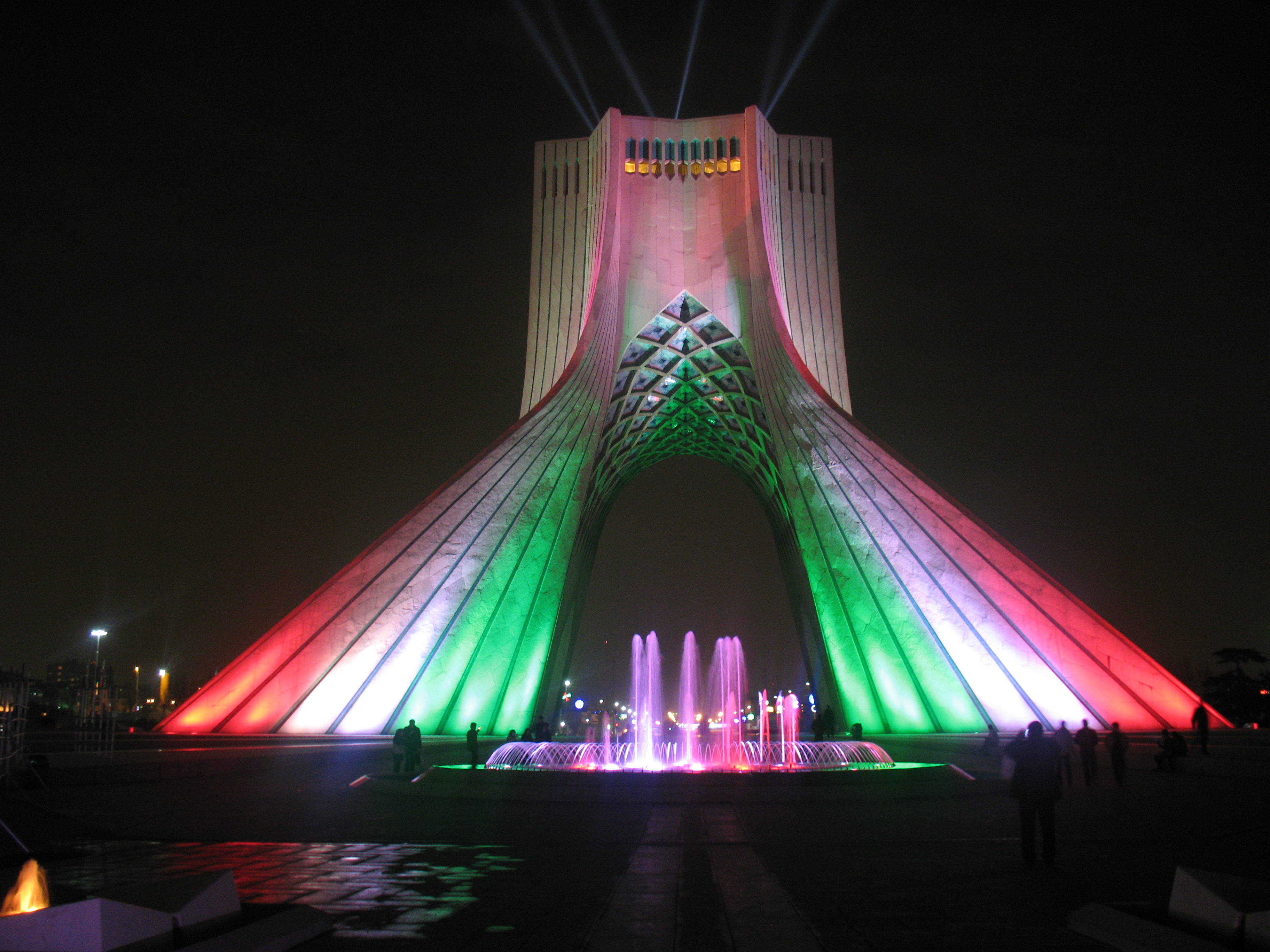
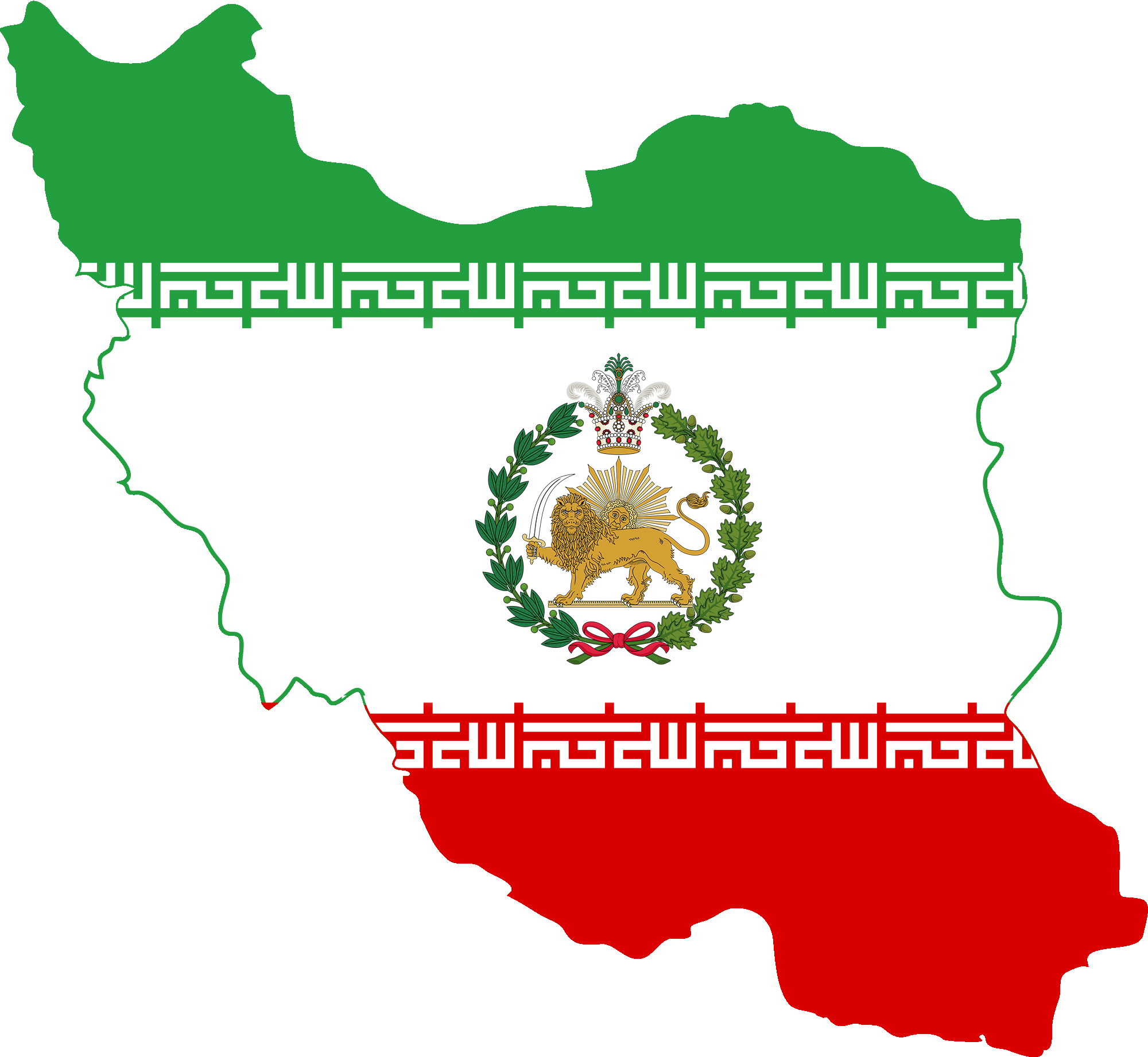
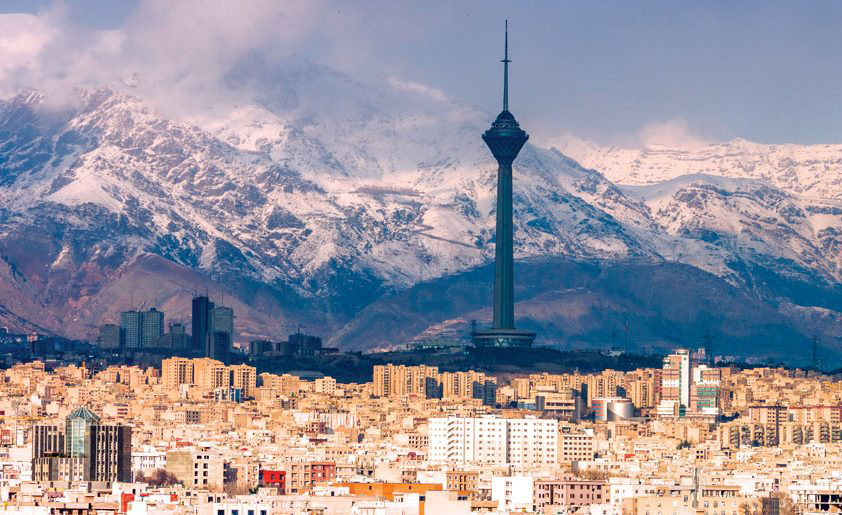
 Region 3 - Eastern Division (Tehran)
Region 3 - Eastern Division (Tehran) 
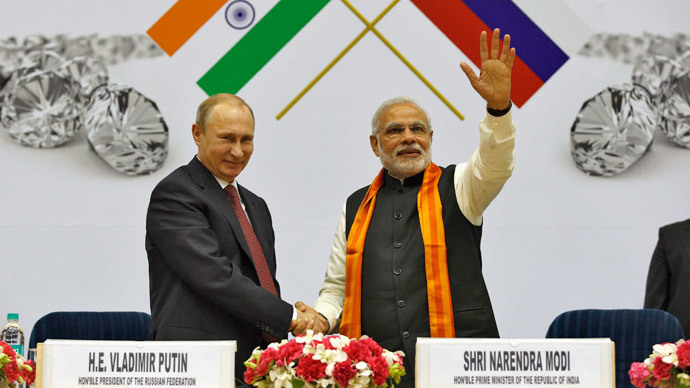
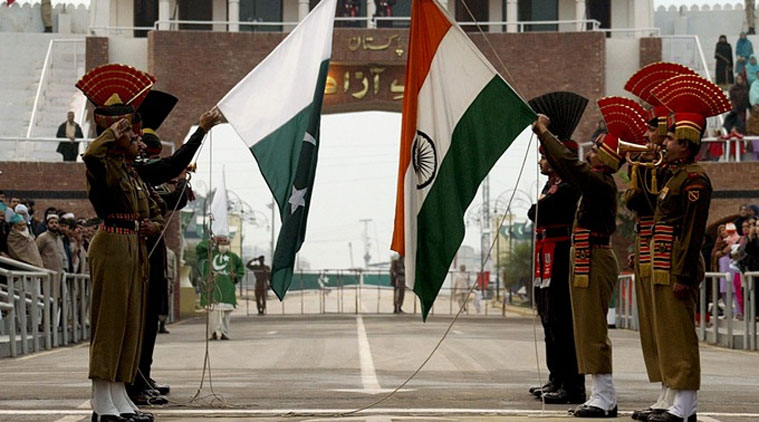

India prepares for regional expansion as US evacuates Syria
|
|
  |
|
  |
|
Nuclear Activity Creates a Stronger Economy for Iran
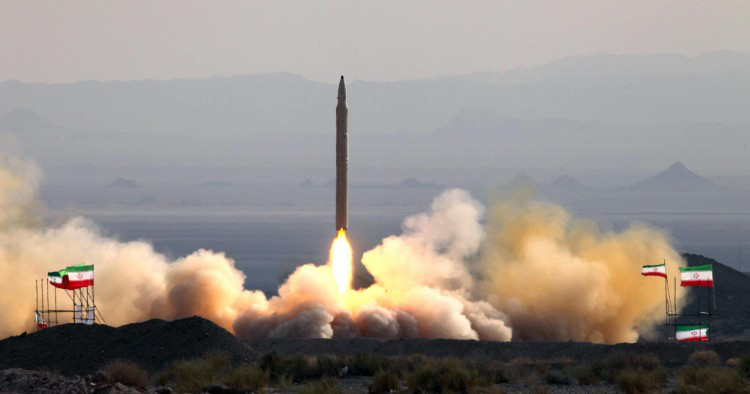
01.05.2019
07:35 PST
SF Bay Area, CA – Routinely, terrorist threats against Iran, Afghanistan, Iraq and Syria channel from Southern Pakistan. Initially, the surge in violence began from the Peshawar Seven's cooperation within the Pakistani Inter-Services Intelligence (ISI). Relentlessly, Iran has safegaurded its southern border with Pakistan as war in Afghanistan continues to surface. Meanwhile, ongoing terrorist threats against Iran reveal a deeper aggression which requires Iran to boosts its nuclear activity. Moreover, military cooperation within the scope of nuclear development resonates economic intensity.
Recently, Iran's Chairman of the Chiefs of Staff General Mohammad Baqeri commented, “Regional enemies of Iran must know that in parallel to its peaceful doctrine, the Islamic Republic of Iran maintains powerful and firm military presence, and if need be, it would not only defend its territorial integrity, but also hold the inviting countries responsible for any consequences.”
Furthermore, Iran has shifted its economic focus towards exporting steel to Iraq and Afghanistan. Sensibly, Iran continues to weigh heavily on the construction industry to boost its economy. Hence, over 50 industries from Iran are rapidly expanding with its construction industry throughout the Middle East. Critically, Iran's oil revenue impacts the stability of the construction industry which is susceptible to border security threats. Militarily, Iran's oil revenues are augmented from increased US terrorist threats in Iraq resulting from the US troop evacuation Syria. Resolutely, Iran's Brigadier General Ali Fadavi said, “The harsher the sanctions get, the more defensive capabilities Iran will achieve.”
Iran Seeks Stronger Ties to Russia with Turkey
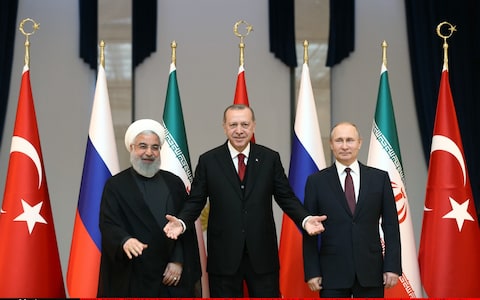
01.05.2019
13:21 PST
SF Bay Area, CA – Militarily, deep-sea exploration is a major aspect of international cooperation towards global expansion. Hence, Iran has taken the prospects of establishing an unparalleled naval alliance this year with Russia and Turkey. Notably, the Syrian Civil War has generated a fierce battle for international peace, economic stability and global prosperity. Furthermore, the US continues to pawl out penal tarriffs and sanctions throughout the Greater Mediterranean Region. Meanwhile, Iran, Turkey and Russia have paved a clear roadway to reshape the Atlantic Ocean. Recently, Iran's navy announced its plan to deploy to the Atlantic Ocean for five (5) months with its most advanced destroyer which bolsters the new Iran-Russia joint military commission.
Scantily, the US as publicly threatened to bring Iran's oil exports down to zero. Firmly, Iran has vowed to shutdown the Strait of Hormuz between the Persian and Oman Gulfs. Iran's Navy Commander Rear Admiral Hossein Khanzadi said, “The Leader [Commander-in-Chief] stated what whenever the navy was ready for ocean navigation, it should undertake the mission.”
Similarly, Iran announced plans for a large-scale military drill in the Indian Ocean to modernize sea routes with two Ghadir-class submarines. Attractively, the two Ghadir-class submarines are capable of launching SBLM missiles, torpedoes and mines. Strategically, Iran's naval manuevers guide Turkey's ground-offensive against US-trained Kurdish militants. Moreover, Turkey and Russia are united in eradicating all US-trained terrorist groups in Syria. Turkish Foreign Minister Mevlut Cavusoglu stated, "As the guarantors of the Astana process, we are certainly committed to the territorial integrity and unity of Syria and are ready to deter any actions aimed at undermining these principles."
Yemen Continues with Military Pressure on the Saudi Empire
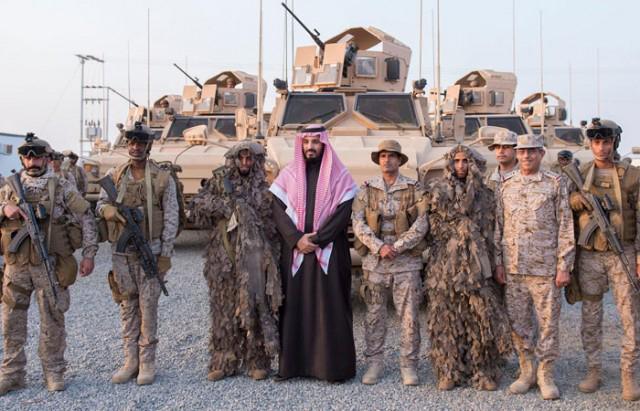
01.06.2019
06:45 PST
SF Bay Area, CA – Politically, the Yemeni Civil War is mired with Israel-US ties which face economical challenges from South and Central America. Poignantly, US arms sales to Israel and Saudi Arabia have established a new battle for military prominence throughout the region. Moreover, US economic sanctions have been nullified within the Yemen Civil War. Hence, military pressure continues to mount on Saudi Arabia as demand for economic stability surfaces. Furthermore, Yemen's Houthi forces are sketching towards major strikes on Riyadh and Jeddah. Meanwhile, Saudi Arabia is poised to shift the inter-continental conflict towards Israel-US ties.
Strikingly, Saudi Arabia's oil production is heavily intertwined with the political, economic and military situation in Yemen. Noticeably, US arms sales to Saudi Arabia imposes Israel-US ties on Yemen which economically impacts South and Central America. Keenly, Saudi Arabia is able to overshadow the threat of veiled Israel-US ties.
Meanwhile, Israeli Prime Minister Benjamin Netanyahu mentioned that Israel was “surrounded by enemies on a couple of fronts,” and it was “acting determinedly against anyone seeking to endanger us.” Recently, US Secretary of State stated in a meeting with Prime Minister Netanyahu in Brazil that the US is effortlessly working to protect Israel from terrorist threats over Saudi Arabia. Militarily, Saudi Arabia is ultimately positioned to diminish Israel-US ties as economic woes ignite globally.
[Top]

![]()
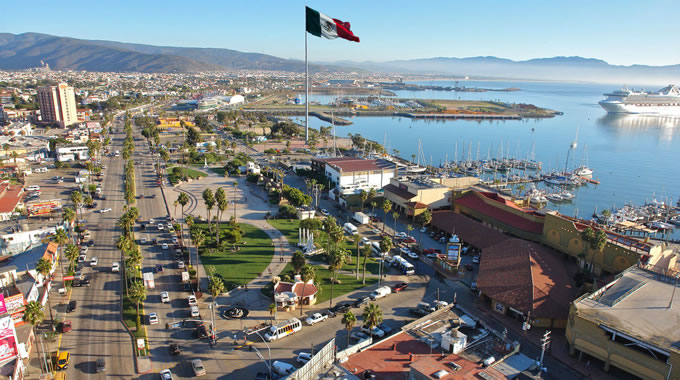
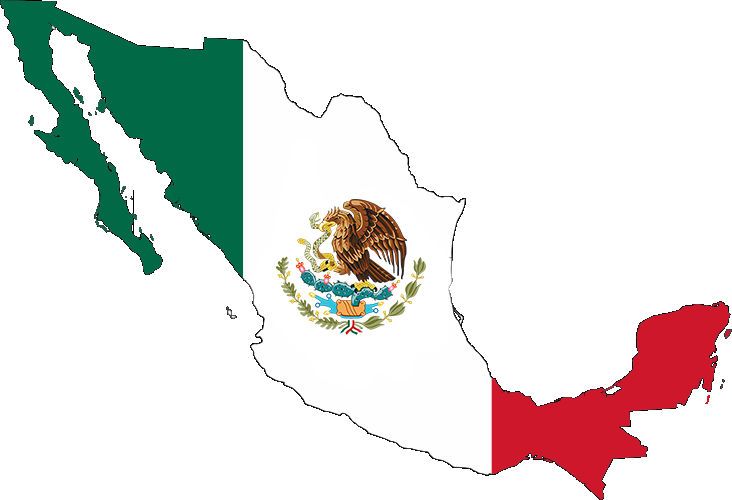

 Region 4 - Western Division (Tijuana)
Region 4 - Western Division (Tijuana) 
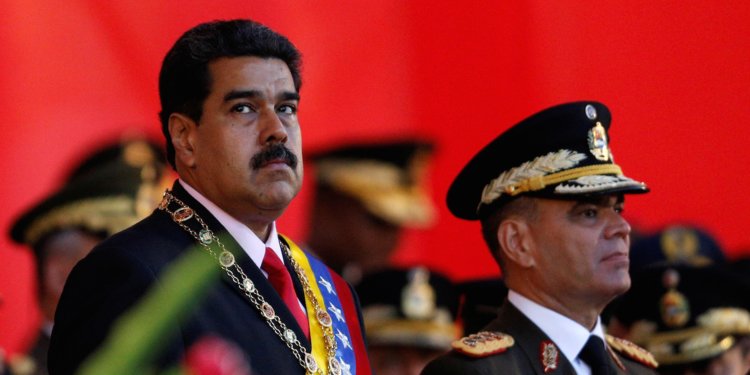
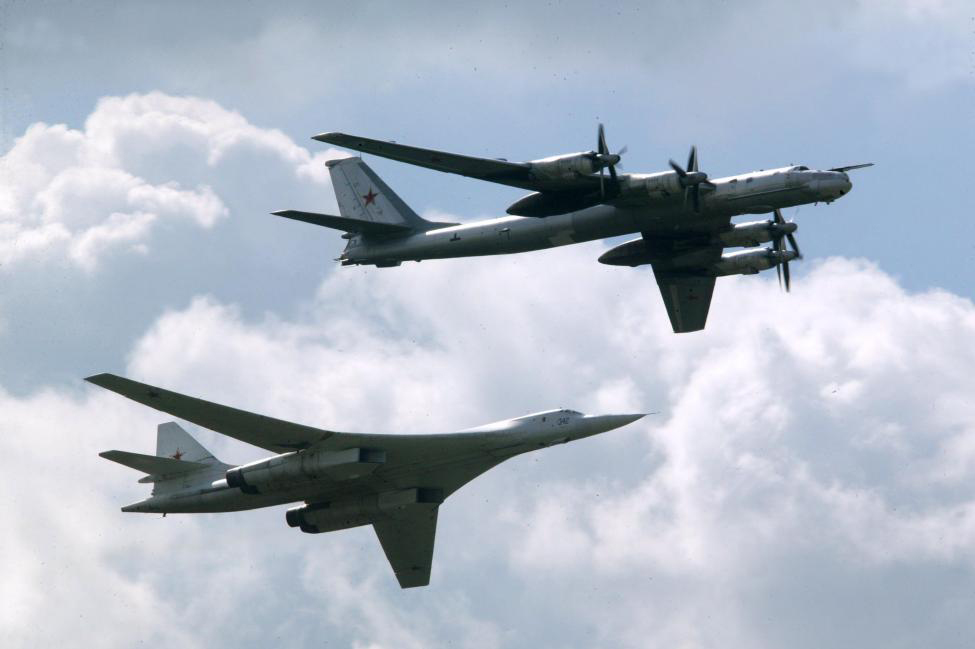
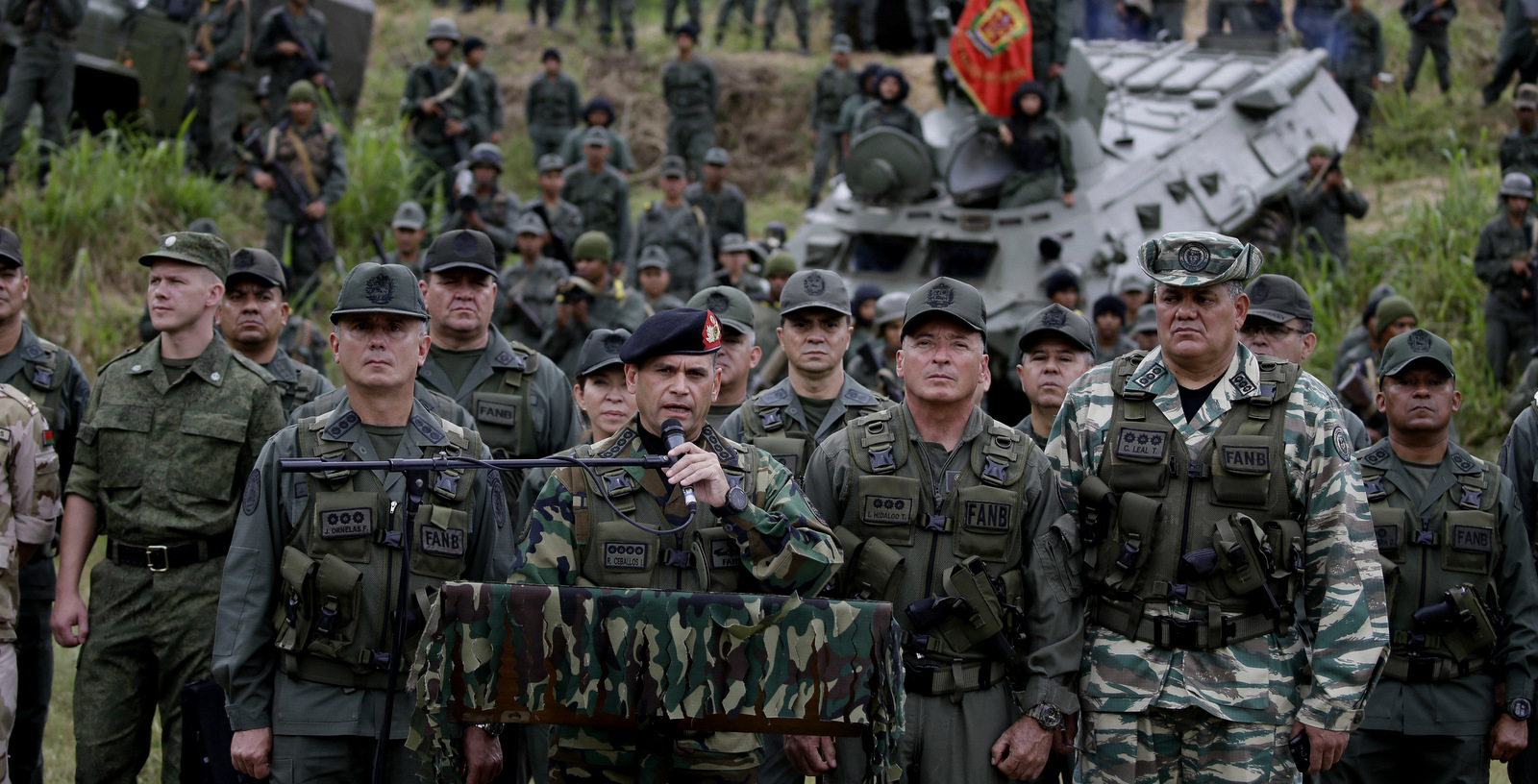
Venezuela prepares to lead major invasion on the US mainland
|
|
  |
|
  |
|
Brazil Inaugurates New President to Lead the National Agenda

01.06.2019
11:57 PST
SF Bay Area, CA – Geopolitically, Brazil has been challenged with accelerating over major reforms which involve its national agenda. Punctually, Brazil inagurated its 38th President Jair Bolsonaro on January 1st to begin the critical process of major reform. Moreover, Brazil announced a new age of diplomacy and foreign policy which include stronger US ties. Furthermore, US President Donald Trump has vowed to cooperate with Brazil in working against authoritarian regimes. Hence, the governments of Venezuela, Cuba and Nicaragua were disregarded during President Jair Bosonaro's inauguration ceremony.
Meanwhile, Brazil's Foreign Minister Ernesto Araujo, met with US Secretary of State to review new economic strategies. Subsequently, Foreign Minister Araujo stated, “We exchanged ideas about our vision of the world, how to work together for the good, for a different international order that corresponds to the values of our people.”
Ardently, Brazil's new President addressed his audience during his inauguration speech saying, "Our economy will be based on confidence, national interest, free market and efficiency. The government will not spend more than it earns and rules, contracts and properties will be respected.” He added, “Let’s unite the people, value the family, respect the religions and our Judeo-Christian tradition, fighting the gender ideology, rescuing our values. Brazil will become a country free of ideological ties.” Specifically, Brazil is at the breaking-point of diplomatic ties with Venezuela.
Brazil's Economy Relies on the Direction of Petrobras
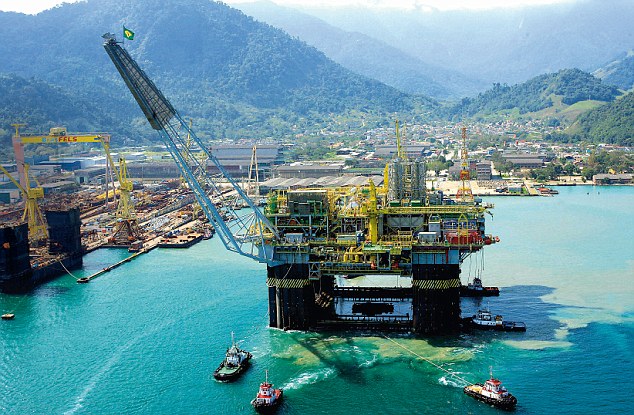
01.06.2019
14:17 PST
SF Bay Area, CA – Amazingly, the rapid growth of crypto-currencies govern the direction of Petrobras. Economically, Petrobras is facing political alignment issues within the stalemate US economy. Moreover, US President Trump's "America First" policy is riddled with economic neglect. Currently, the US has abandoned or postponed major trade agreements such as TPP in Asia, NAFTA in North America, and TTIP in Europe. Hence, Petrobras remains on the political hinges of Brazil's economic production as market sentiment shifts away from the US. Furthermore, it is noticably clear that years of monetary easing have deteriorated national GDP's which are further threatened by the explosion of crypt-currencies.
Meanwhile, new Petrobras President Castelo Branco has ditched Brazil's old strategy of keeping fuel prices pretentiously low. Recently, he stated, “Petrobras will follow the international parity price, without subsidies and without exploitation of a monopoly.”
Aggressively, Petrobras is wrangling with overcoming Brazil's political mishaps during the years of US monetary easing policies. Accordingly, Brazil's new Mines and Energy Minister Bento Albuquerque remarked, “There is no intention of the government to influence pricing policy. When we give transparency to this process, we can make some corrections, eliminate [bureaucratic] subsidies and make clear what is fair to be paid for the fuel.” Politically, the direction of Petrobras includes addressing US President Trump's "America First" policy. Visibly, rising US interest rates reflect closer US political ties to Petrobras and the rest of Brazil's robust economy.
Brazil Holds Key to Diminishing Transatlantic Trade Belt

01.06.2019
19:47 PST
SF Bay Area, CA – Feverishly, the Transatlantic Trade Belt relies on Brazil for validity and support. Economically, Brazil's agricultural and energy sectors are preferred in the US over Europe. Moreover, the US is swaying Brazil into price control from the $200 billion in new trade tariffs aimed against China. Furthermore, the Transatlantic Trade Belt remains notched with civil uprisings, spriraling government debt and a growing opium pandemic from the US. Meanwhile, the US Government has shutdown three times since President Donald Trump started his term. Accordingly, US law enforcement, security and intelligence workers at the CBP, TSA, ICE, DEA, FBI and Secret Service are at reduced capacity.
Likewise, Brazil's newly elected President Jair Bolsonaro faces limited time with clotting a Mercosur-EU trade agreement. Recently, German Chancellor Angela Merkal mentioned, “The time for an agreement between the EU and Mercosur is running out. The agreement must happen very quickly, otherwise it will not be as easy to achieve with the new government of Brazil.”
Meticulously, Brazil has fashioned deficient trade deals for the EU to expand within Mercosur. Yet, the EU has remained riddled with an ongoing debt crisis. Hence, Mercosur is faced with an engulfing European debt crisis. Sensibly, Brazil must ready for the demise of US capitism as tensions accelerate from Venezuela. Strategically, Venezuela is hosting prestige Tu-95 Russian bombers as conflict poses to financially erupt. Positively, Brazil is focusing on its agriculture sector despite harvest declines in 2018. Economically, Brazil is threatened as sugarcane signals market patterns that led to its 1.8% downward close for 2018.
[Top]

![]()

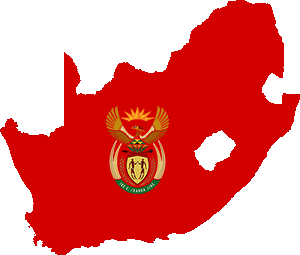

 Region 5 - Central Division (Johannesburg)
Region 5 - Central Division (Johannesburg) 
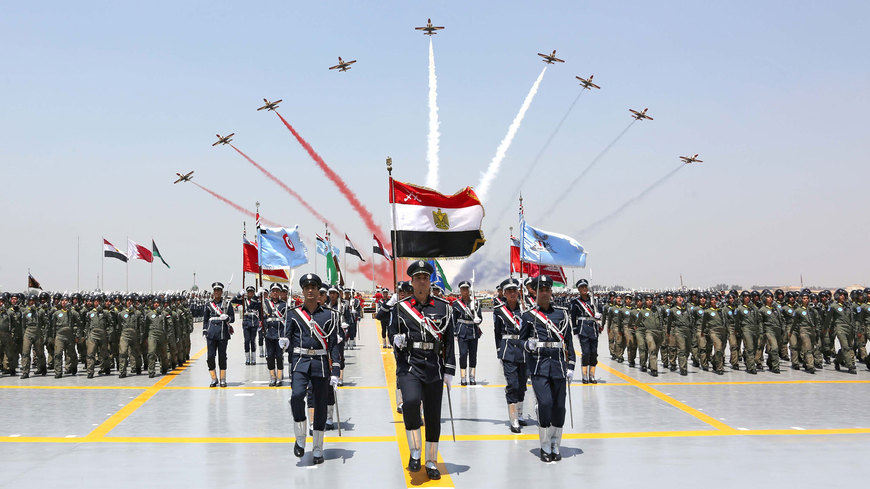

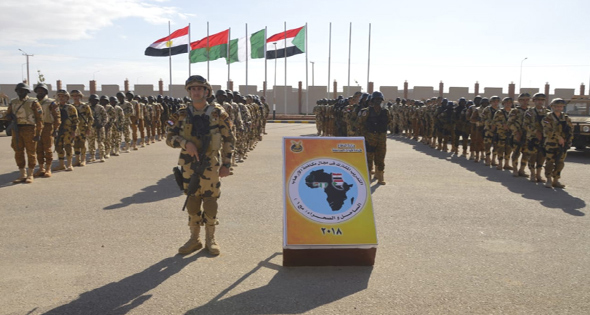
Egyptian Army fuels military modernization for the African Union
|
|
  |
|
  |
|
The Palestinian Cause Safeguards the Sinaii Peninsula

01.08.2019
04:30 PST
SF Bay Area, CA – Emphatically, Egypt reiterates its support for an independent Palestinian State. Historically, the Israeli Military Governorate has terrorized the Sinaii Peninsula, the Gaza Strip and West Bank with military occupation. Critically, today's occupation and resistance to an independent Palestine from Israel signifies an unresolved military conflict. Moreover, frequent military incursions from Israeli forces in the West Bank escalates regional tensions. Furthermore, the US has based its global missile defense posture to defend Israel against warranted attacks.
Piously, it is vital that the Palestinian cause remains a major priority for Egypt and its regional neighbors. Essentially, the Palestinian cause accelerates the fight against extremist terrorist organizations who have been covertly trained by US troops in Afghanistan.
Informingly, former Secretary of Defense Robert M. Gates discussed the US-Israel relationship saying, "I cannot recall a time during my public life when our two countries have had a closer defense relationship. The U.S. and Israel are cooperating closely in areas such as missile defense technology, the Joint Strike Fighter, and in training exercises such as Juniper Stallion...our bilateral relationship and this dialogue is so critical because Israel lives at the focal point of some of the biggest security challenges facing the free world: violent extremism, the proliferation of nuclear technologies, and the dilemmas posed by adversarial and failed states. And I think it important, especially at a time of such dramatic change in the region, to reaffirm once more America’s unshakable commitment to Israel’s security."
Egyptian Navy Extends its Security Role on the Mediterranean and Red Seas
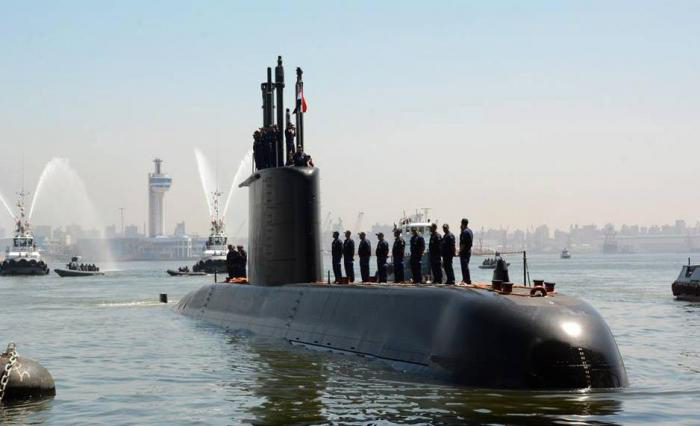
01.08.2019
09:04 PST
SF Bay Area, CA – Economically, decline in Southern Europe has propelled the Egyptian Navy to expand its mission in the Mediterranean Sea. Militarily, Egypt faces additional threats from NATO's aggression against Russia. Moreover, US-backed civil uprisings in Tunisia, Libya and South Sudan creates the "tarheel effect" on the African Continent for European pioneers. Disparagingly, the Egyptian Navy has identified developing threats from Europe over Iran's role in Syria. Hence, the Egyptian Navy has expanded its security role in the Mediterranean and Red Seas. Meanwhile, the US War on Terror remains active with shifting US troops in Afghanistan. Accordingly, the Afghanistan Taliban have voided the upcoming peace talks with the US in Qatar.
Openly, the Taliban stated, “The U.S. officials insisted that the Taliban should meet the Afghan authorities in Qatar and both sides were in disagreement over declaring a ceasefire in 2019.” Moreover, Egypt's Navy is embracing for hostilities on the Persian Gulf with its "Red Wave-1" multilateral naval drills on the Red Sea.
Keenly, the Egyptian Navy has prepared its neighbors in Saudi Arabia, Jordan, Djibouti, Sudan and Yemen for aggressive threats from the US dispute with Iran. Tenaciously, Egypt's Navy developed its coastline reconnaissance capabilities, port attack tactics, aircraft landing techniques, and its naval aviation role. Effectively, "Red Wave-1" strengthens maritime security in West Asia and North Africa. Presently, the US has 14,000 troops deployed in Afghanistan seeking to disrupt Iran's southern borders. Accordingly, economic pressure on the Persian Gulf requires a rapid response from Egypt to end decades of regional civil uprisings.
Egypt Accelerates Decline of USD with Selling Mature T-bills
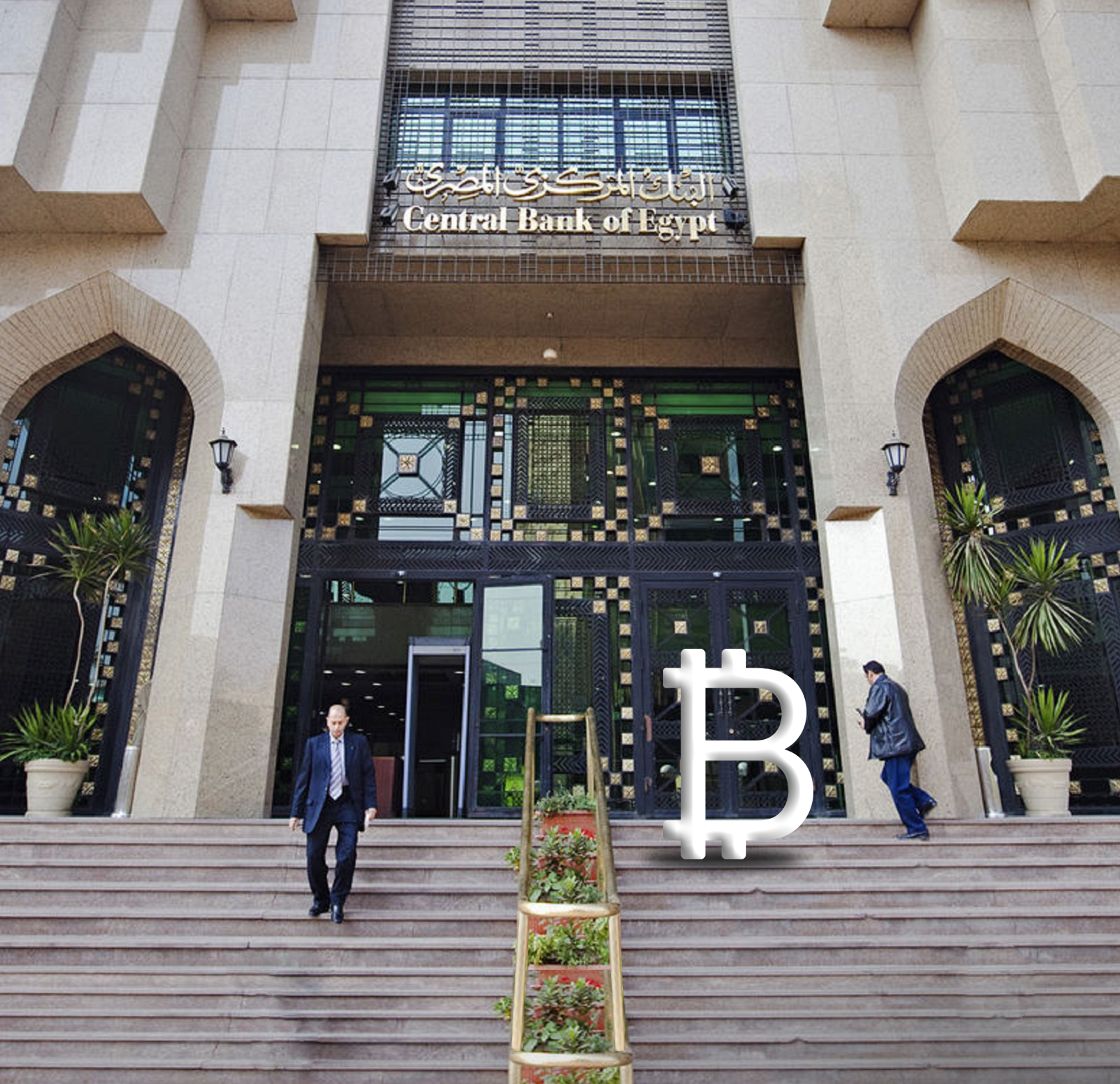
01.08.2019
12:20 PST
SF Bay Area, CA – Globally, mature US T-bills are adding debt pressure on the US Federal Reserve Bank. Meanwhile, European integration in the Transatlantic Trade Zone is contemptibly diminishing. Moreover, US budget limitations and congressional discord create downward pressure on US T-bills. Furthermore, military aggression in Afghanistan, Kurdistan and Yemen signals the need for economic reform in the West. Hence, Egypt's Central Bank has accelerated its sell of one-year US Treasury Bills. Recently, Egypt's Central Bank sold nearly $1 billion in T-bills which expires January 7, 2020 at a yield of 3.797 percent.
Economically, Egypt is shifting from Euros to defunct risky IMF installment loans made during the Great Recession. Steadily, Egypt is shifting its foreign currency reserves which fell to $42.551 billion in December from $44.513 billion in November to establish a full-fledged inflation targeting regime. Strategically, US T-bills are treated as a national security risk from its mediocre outlook.
Meanwhile, Egypt's inflation rate is expected to continue declining to 10.7% this fiscal year. Crosswise, Egypt's national debt is dropping to 89.6% of GDP in FY20/21 from 100.3% of GDP in FY17/18. Significantly, Egypt's economy is projected to accelerate over the mid-term with a recovery in tourism, rise in oil prices, and boost in direct foreign investments. Accordingly, Egypt's inflation rate will decline to near 8.5% in FY20/21. Keenly, the Egyptian Central Bank has established a Regional Payment and Settlement System (REPSS) which creates a single currency payment venue for the Central Banks of Egypt, Congo, Zambia, Rwanda, Mauritius, Kenya, Malawi, Swaziland and Uganda. Inclusively, the mid-term economic shift in northern Africa accelerates from the decline of US T-bills.


